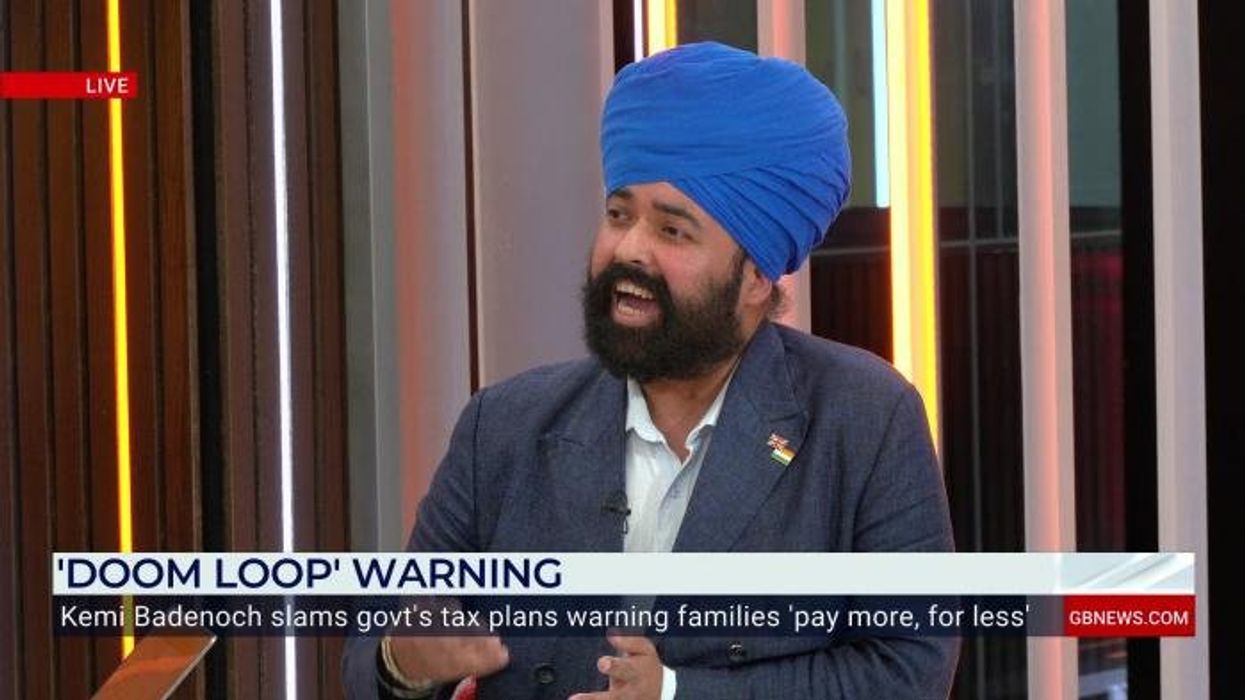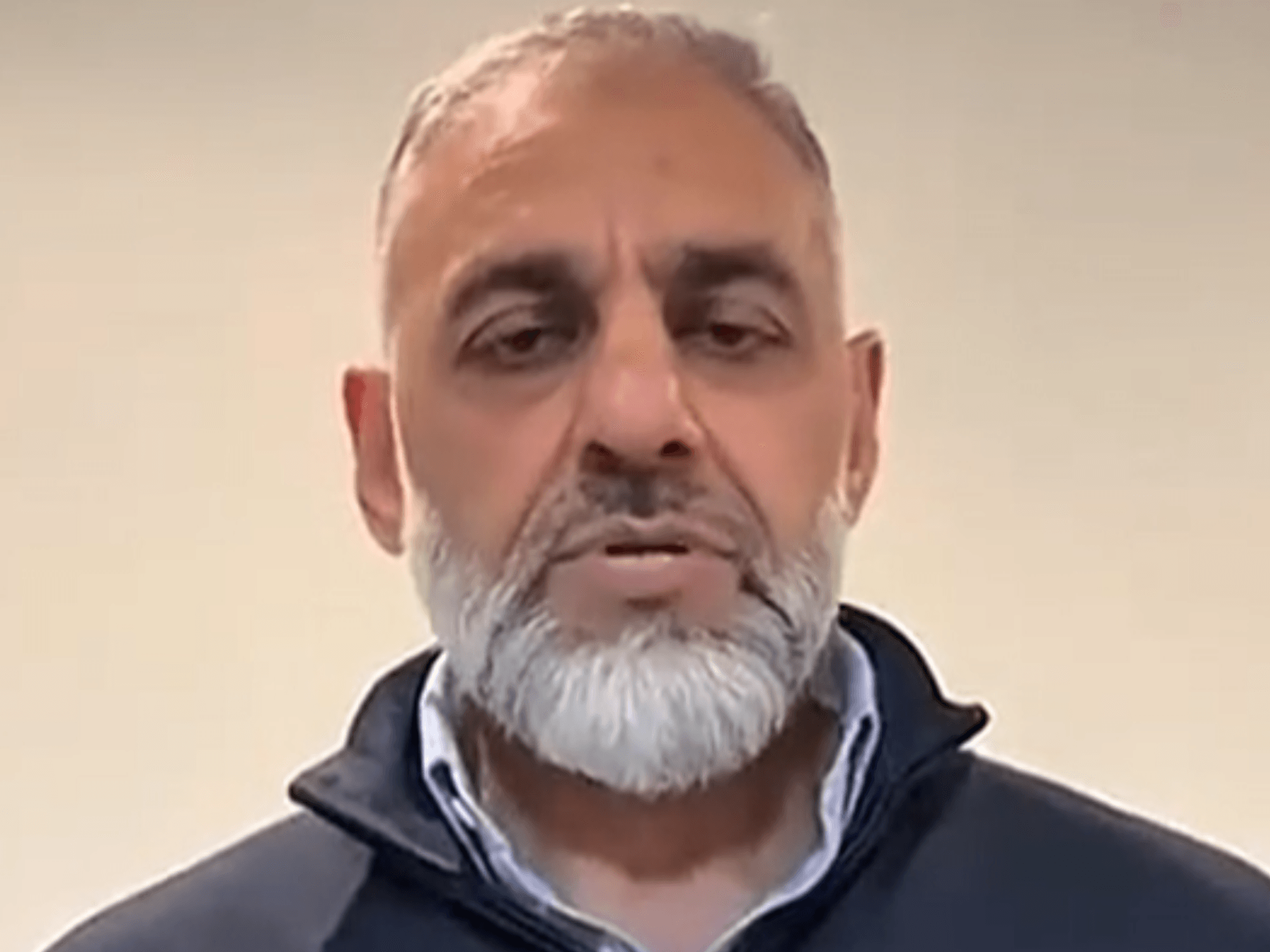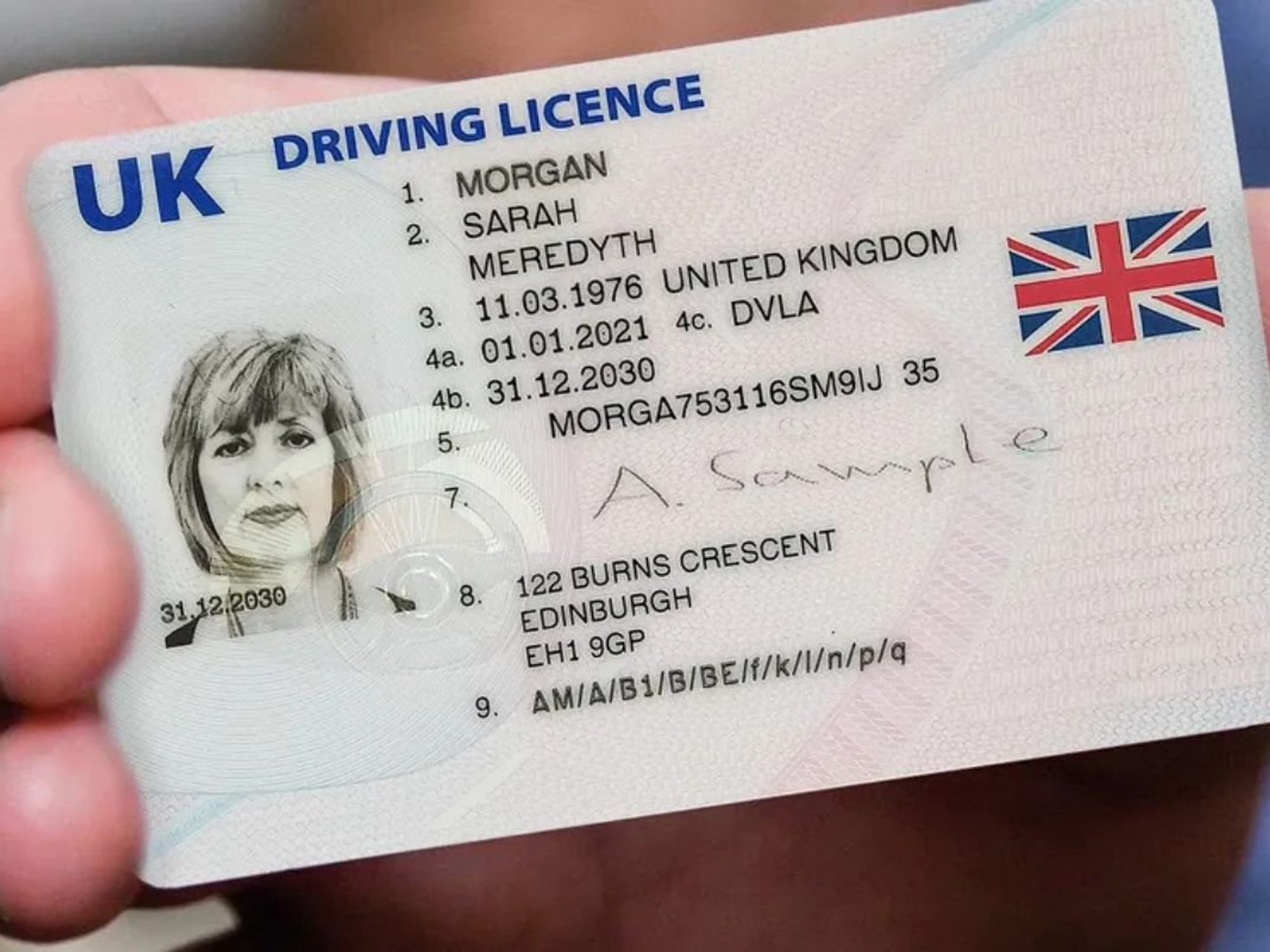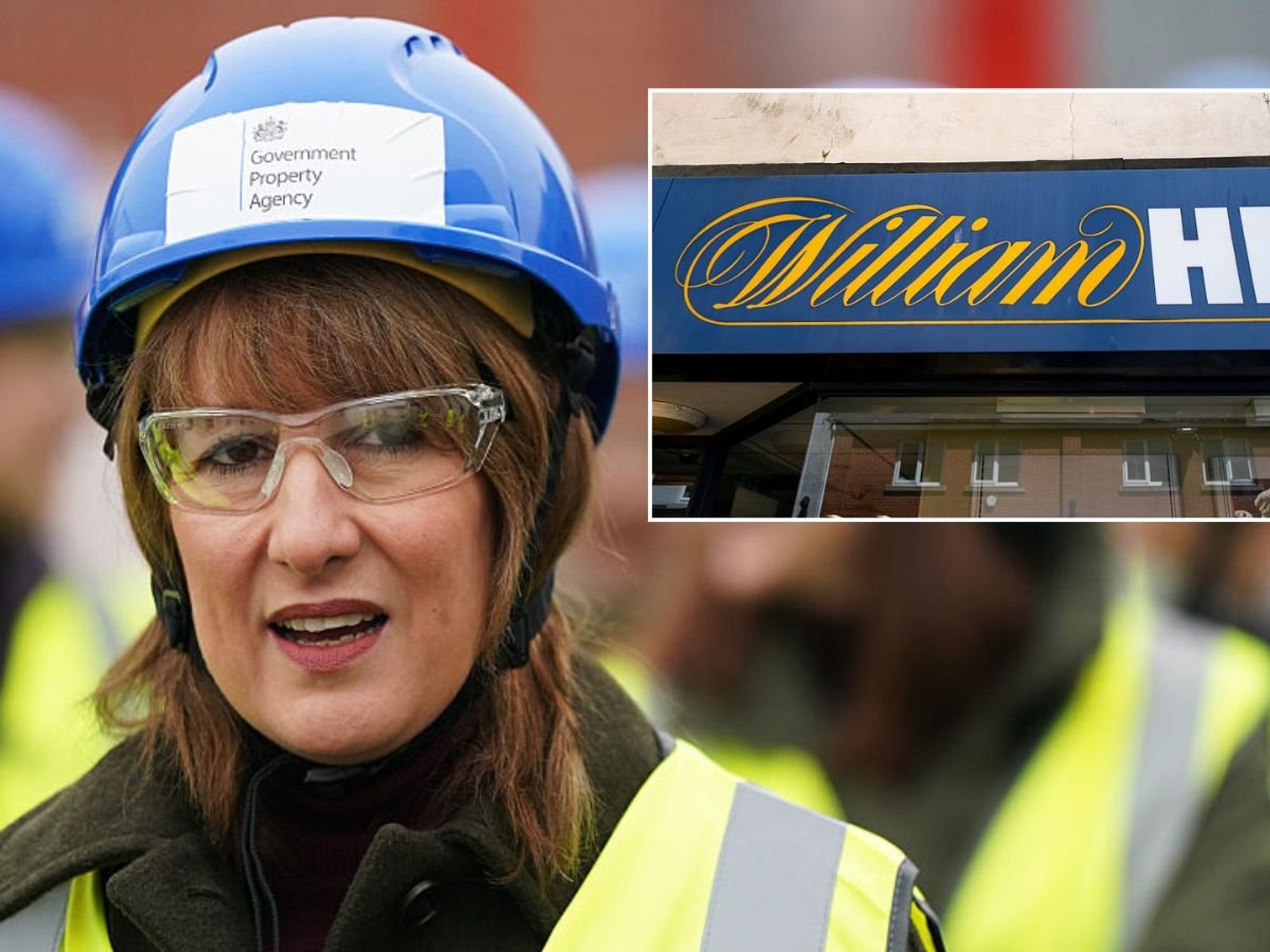Rachel Reeves could introduce 'alternative' taxes at Autumn Budget as drivers give up petrol and diesel cars

Experts have warned that the Chancellor could end the fuel duty freeze as part of new tax measures
Don't Miss
Most Read
Latest
Motorists have been warned to brace for higher fuel prices this autumn as Rachel Reeves faces growing pressure to plug a major tax hole.
According to reports, the Chancellor is expected to announce fuel duty changes at the upcoming Autumn Budget, aimed at narrowing a growing hole in public finances.
The need for change comes as the Treasury faces mounting pressure to address falling fuel duty receipts due to the transition to electric vehicles accelerating, eroding one of the Government's traditional revenue pillars.
Officials describe the shortfall as a "widening gap" in the nation's accounts — and with oil prices at their lowest since early 2021, economists have warned that this could provide Ms Reeves a "timely opportunity" to act.
TRENDING
Stories
Videos
Your Say
The Office for Budget Responsibility has already built assumptions about higher fuel duty into its forecasts, implying that the Government must either raise rates or identify alternative revenue sources worth billions.
Treasury figures released last week found that fuel duty income between April and September 2025 totalled £12.2billion, down £26million from the same period a year earlier.
But the modest decline underscores a broader structural trend of drivers shifting away from petrol and diesel vehicles towards electric and hybrid models as part of the Zero Emission Vehicle mandate.
"Fuel duty receipts continued their downward trajectory in September, reflecting the ongoing transition from petrol and diesel vehicles to electric vehicles," said Sheena McGuinness, Co-Head of Energy and Natural Resources at RSM UK.
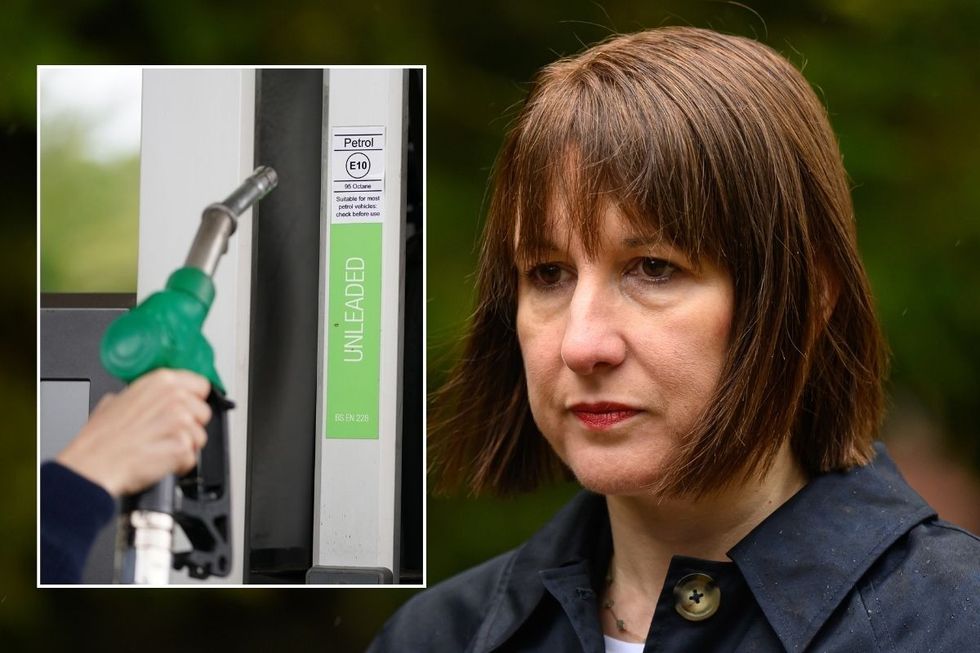
Chancellor Rachel Reeves could introduce changes to fuel duty at the Autumn Budget
| PAWhile most major taxes have increased this financial year, fuel duty remains one of the few revenue streams in decline.
Treasury officials are now looking to remove the temporary 5p per litre reduction introduced in 2022 and apply inflation-linked adjustments to duty rates measures that could generate around £2.7billion in additional annual revenue.
Ms McGuinness said: "The OBR has already factored both these aspects into its forecasts. Without implementation, the Chancellor will need to find an additional £2.7billion from other sources.
"It therefore seems highly likely we will see a change to fuel duties in the forthcoming Autumn Budget."
Reversing the 5p cut and applying inflation adjustments would mark the first meaningful increase in fuel duty in over a decade.
The move would also signal the Government's willingness to begin rebalancing the tax system as the UK's vehicle fleet becomes increasingly electric.
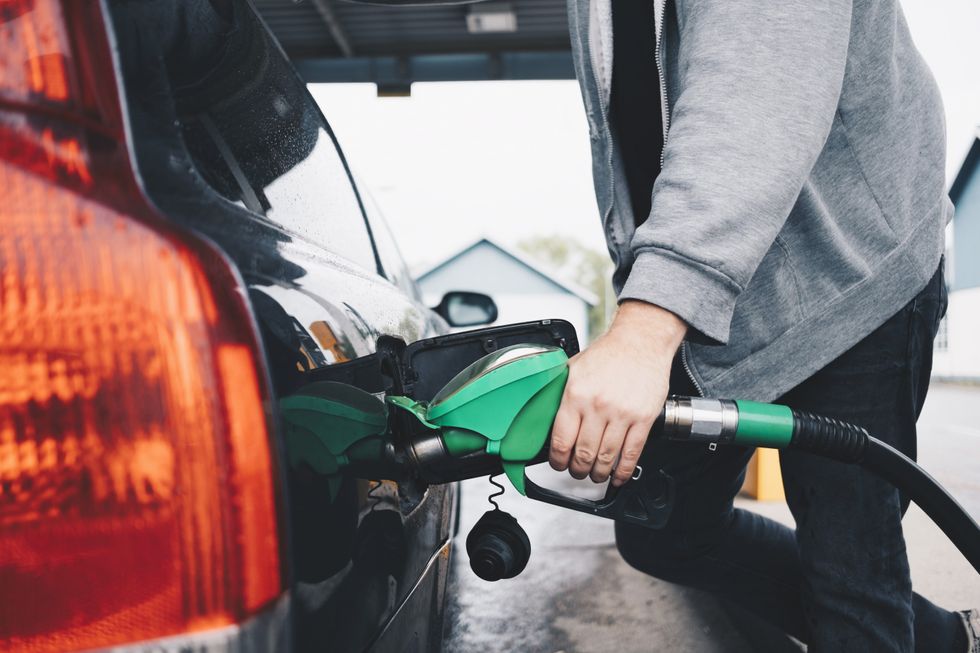
The frozen fuel duty rates are currently expected to remain frozen until March 2026
| GETTYLATEST DEVELOPMENTS:
- Labour looks to overhaul major driving law for first time in 60 years in 'most far-reaching' move to date
- M6 chaos: Major road collision forces vital motorway to shut as drivers face hours of disruptions
Drivers face Budget misery as Rachel Reeves could target car tax, fuel duty, electric vehicles and more
The erosion of fuel duty as a revenue source has also emerged as a critical fiscal challenge. Once responsible for nearly seven per cent of total tax receipts in 2019/20, its share is projected to fall to just two per cent by 2025/26.
Treasury analysts warned that this decline could accelerate as EV adoption grows, forcing ministers to consider alternative taxation models.
"The only sustainable solution is to develop an alternative duty for the increasing number of EVs in the UK," Ms McGuinness said.
She added: "We could therefore see the introduction of a price-per-mile scheme in the budget, which would represent a major policy shift from the Government's previous stance ruling out such measures."
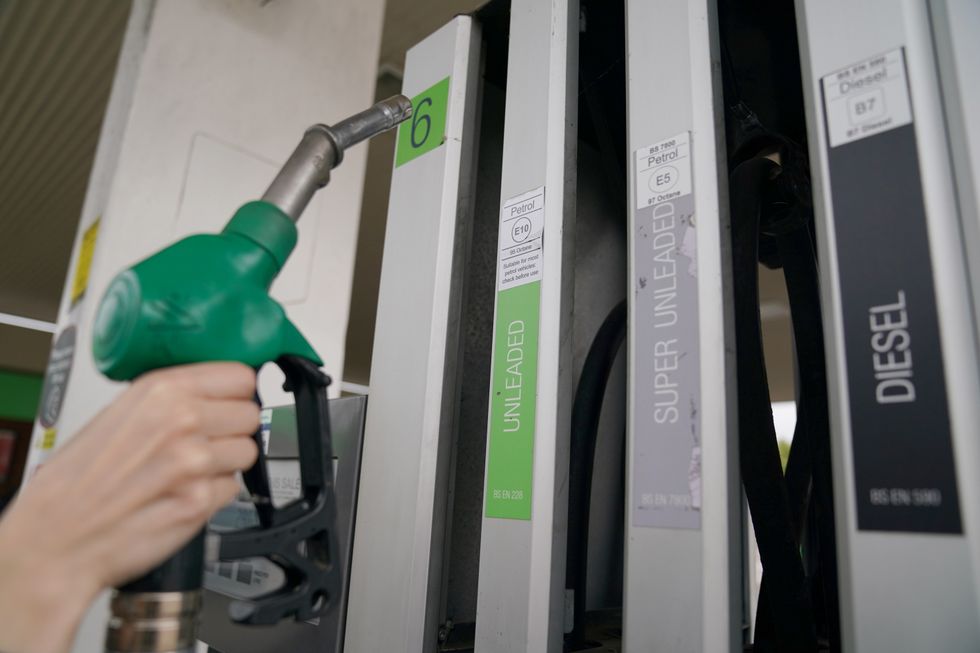 Petrol and diesel prices are likely to increase if the fuel duty freeze is axed | PA
Petrol and diesel prices are likely to increase if the fuel duty freeze is axed | PACurrently, the standard fuel duty rate stands at 52.95 pence per litre for petrol and diesel, unchanged since 2011 apart from the temporary 5p reduction.
That cut, introduced as an emergency response to soaring fuel costs in 2022, has since been extended through the 2025/26 financial year.
Different fuels attract varying duty rates, with marked gas oil taxed at 10.18p per litre, liquefied petroleum gas at 28.88p per kg, and natural gas for vehicles at 22.57p per kg.
Consumers also pay VAT on top of fuel duty, meaning each litre of petrol includes not only the 52.95p duty but an additional 10.59p in VAT charged on that duty amount.
If Ms Reeves proceeds as expected, the Budget could mark the start of a long-term reshaping of how Britain funds its roads.


